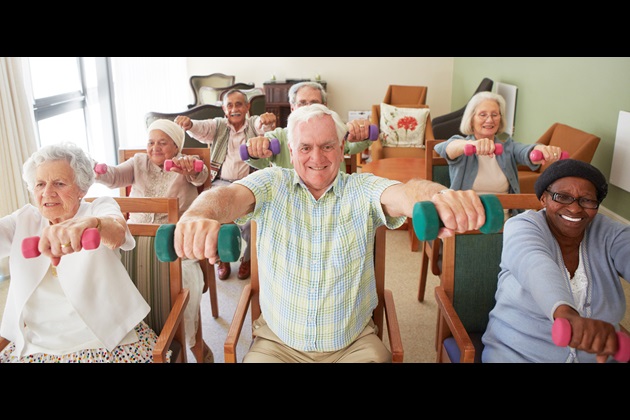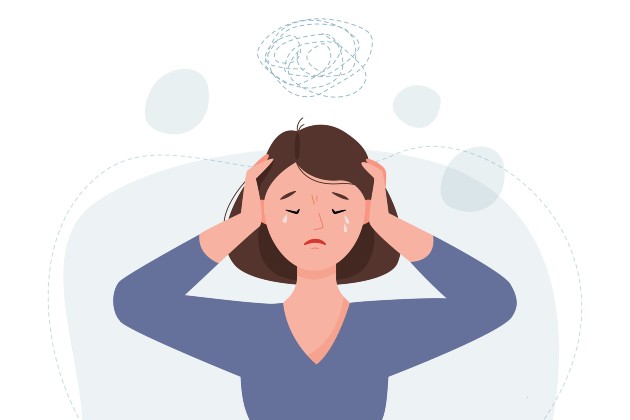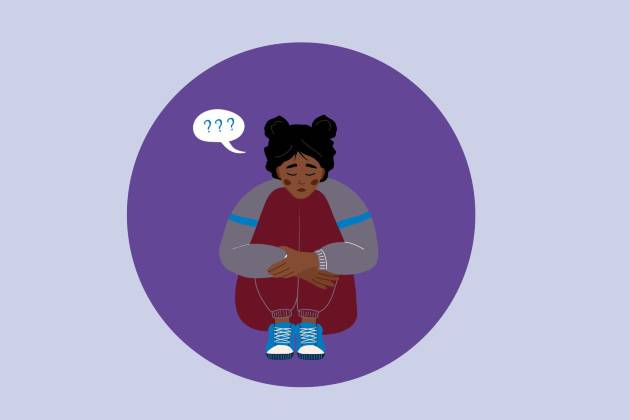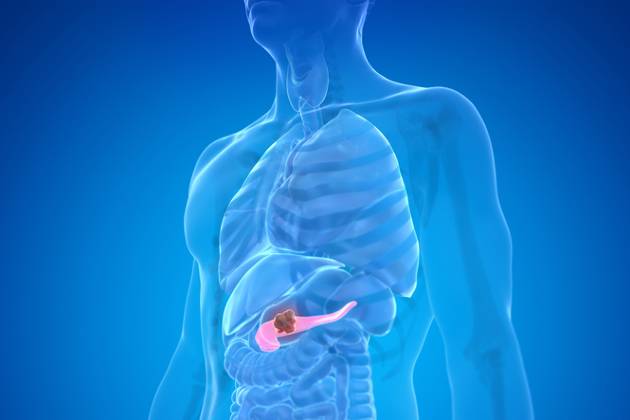Sarah Winfield-Davies from the RCN Older People’s Forum explains how she’s trying to raise awareness of national guidelines on physical activity
One in four patients say they’d get more active if advised to by their nurse or GP. For older people especially, receiving this sort of advice could make a huge difference, particularly in reducing falls, frailty, increasing mobility and improving quality of life.
According to Public Health England (PHE), physical inactivity contributes to around 30% of falls and functional limitations experienced by older people, but those aged 65 and over are the least active.
A group of nurses funded by the Burdett Trust for Nursing and PHE is trying to raise awareness of national guidelines on recommended levels of exercise. By training to become physical activity clinical champions they’re filling the knowledge gaps among nursing staff to help more patients achieve the recommended levels of activity.
“We’re equipping nursing staff to understand the guidelines and to talk to patients about taking up or maintaining regular physical activity,” says clinical champion Sarah Winfield-Davies, team lead of the North Care Homes Team and member of the RCN Older People’s Forum steering committee. “It’s about empowering staff to make every contact count.”
Benefits for everyone
Sarah provides free training sessions to health care professionals across the south west of England. She outlines how physical activity can benefit patients – acting as a preventative measure, facilitating recovery or slowing the progress of certain conditions. She then suggests ways to start conversations about physical activity in clinical practice, supporting patients to find activities they can work into their lives.
Don’t be fearful of promoting physical activity to older people
The benefits of physical activity across all age groups are proven and supported by the UK Chief Medical Officers’ Guidelines on Physical Activity. For older people this is 75 minutes of vigorous activity or 150 minutes of moderately intense activity, or a combination of both, each week. People over 65 are also advised to do activities twice a week that help build muscle and improve balance.
“Don’t be fearful of promoting physical activity to older people,” urges Sarah. “The benefits of this are for everyone. You can make a difference whatever the age of the patient.”
Sarah highlights that older people don’t need to join a gym to get active and nursing staff can suggest less intimidating activities that fit with their lifestyle. Cardiovascular activity such as light gardening and walking around the house can help improve health when done regularly. Muscle strengthening exercises such as carrying shopping or doing bicep curls with cans of beans can also be beneficial.
These activities can keep older people mobile for longer and reduce their chances of hospital admission. In 2013-14 there were 255,000 emergency admissions related to falls in patients aged 65 or over, and such falls can lead to fractures that reduce mobility. Sarah says that sharing the benefits of exercise with patients can motivate them to try the activities.
“Often, patients are waiting for permission to do physical activity, so as health care professionals we need to give them permission. It’s about reassuring patients and making it work for them,” Sarah says. “Don’t let age be a barrier to physical activity.”
Want to be trained by a clinical activity champion?
To learn more about the clinical champions programme and how you can incorporate advice on physical activity into your clinical practice, contact Public Health England at physicalActivity@phe.gov.uk








